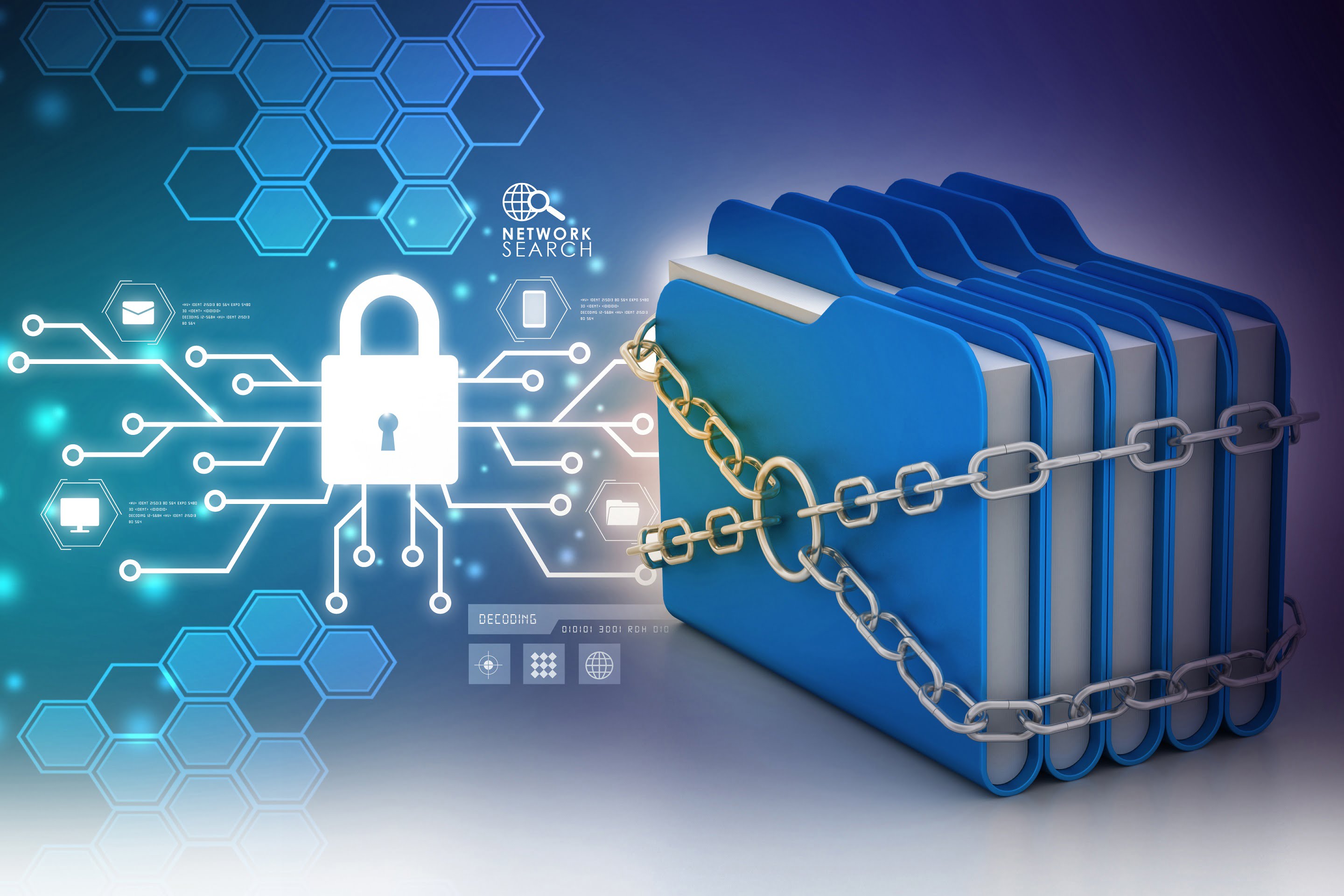Data Privacy Day: Take Control of Your Data
 The Writer's Nook
The Writer's Nook
Every January 28th, the world observes Data Privacy Day, a day to raise awareness about the importance of protecting our personal information in the digital age. This year's theme, "Take Control of Your Data," couldn't be more crucial. From social media interactions to online purchases, every click, like, and share generates a trail of information that paints a detailed picture of who we are and what we do. However, amidst the convenience and innovation facilitated by the digital revolution, concerns about data privacy and security have come to the forefront. As we observe Data Privacy Day, it's essential to reflect on the significance of taking control of our data and navigating the digital landscape responsibly.
Understanding the Importance of Data Privacy
Data privacy refers to the protection of personal information from unauthorized access, use, or disclosure. In an era where data breaches and cyberattacks are increasingly common, safeguarding our sensitive data has become paramount. Whether it's financial information, medical records, or personal communications, the misuse of data can have far-reaching consequences, including identity theft, financial loss, and reputational damage.
Moreover, the widespread collection and analysis of data by corporations and governments raise concerns about surveillance, manipulation, and erosion of individual privacy rights. From targeted advertising to algorithmic biases, the ways in which our data is leveraged can shape our online experiences and influence decision-making processes without our explicit consent.
Empowering Individuals in the Digital Age
As the custodians of our personal data, individuals must assert their rights and take proactive measures to protect their privacy online. Empowerment begins with education and awareness—understanding the implications of sharing personal information and the tools available to mitigate risks.
One fundamental aspect of data privacy is consent. Before providing any personal information, individuals should carefully review privacy policies, understand how their data will be used, and exercise their right to opt-out if necessary. Moreover, maintaining strong passwords, enabling two-factor authentication, and regularly updating privacy settings can bolster security and minimize vulnerabilities.
In addition to individual actions, advocating for stronger data protection laws and regulations is crucial for holding organizations accountable and fostering a culture of transparency and accountability. By supporting initiatives that prioritize user privacy and data security, individuals can collectively shape the digital landscape and demand greater respect for their rights.
The Complexities of Data Sharing
While data privacy is paramount, it's also essential to recognize the value of data sharing in driving innovation and advancing societal progress. Whether it's medical research, urban planning, or environmental conservation, data plays a pivotal role in addressing complex challenges and informing evidence-based decision-making.
However, the key lies in striking a balance between data utility and privacy protection. Initiatives such as data anonymization, encryption, and differential privacy techniques can enable organizations to extract valuable insights while preserving individual anonymity and confidentiality. Moreover, implementing robust data governance frameworks that prioritize transparency, accountability, and user control can build trust and foster collaboration between data stakeholders.
The Role of Technology in Enhancing Data Privacy
In an age of rapid technological advancement, innovative solutions are emerging to empower individuals and organizations in safeguarding data privacy. From privacy-preserving technologies like zero-knowledge proofs and homomorphic encryption to decentralized platforms such as blockchain, the landscape of data privacy is evolving to meet the challenges of the digital era.
Furthermore, artificial intelligence (AI) and machine learning algorithms are being leveraged to detect and mitigate potential privacy risks, identify anomalous behavior, and enhance data protection measures. By harnessing the power of technology responsibly, we can create a more secure and privacy-centric digital ecosystem that prioritizes the interests and rights of individuals.
Taking Control of Your Data
Review and Update Privacy Settings: Start by reviewing and updating the privacy settings on your various online accounts. Platforms like social media, email, and cloud services often have customizable privacy options that allow you to control who can access your information.
Use Strong, Unique Passwords: Strengthen your digital security by using strong, unique passwords for each online account. Consider using a reputable password manager to help you generate and store complex passwords securely.
Enable Two-Factor Authentication (2FA): Adding an extra layer of security through two-factor authentication enhances your account protection. This typically involves receiving a verification code on your mobile device in addition to entering your password.
Be Mindful of Online Sharing: Think twice before sharing personal information online. Avoid oversharing on social media platforms and be cautious about the data you provide on websites and forums.
Regularly Update Software and Apps: Keep your devices and applications up to date with the latest security patches. Regular updates help address vulnerabilities and protect your data from potential exploitation.
Educate Yourself on Privacy Policies: Take the time to read and understand the privacy policies of the online services you use. Being informed about how your data is handled allows you to make conscious choices about the platforms you engage with.
Support Privacy Advocacy Efforts: Advocate for stronger data protection laws and regulations. Support organizations and initiatives that work towards promoting and safeguarding digital privacy rights.
Privacy-Driven Digital Future
Data Privacy Day serves as an annual reminder to individuals about the importance of taking control of their data in an increasingly interconnected world. By understanding the challenges posed by third-party surveillance, data breaches, lack of transparency, and data monetization, individuals can proactively protect their digital privacy. Through practical steps such as reviewing privacy settings, using strong passwords, enabling two-factor authentication, and staying informed about privacy policies, individuals can reclaim control over their data and contribute to a safer and more secure digital environment.
Subscribe to my newsletter
Read articles from The Writer's Nook directly inside your inbox. Subscribe to the newsletter, and don't miss out.
Written by

The Writer's Nook
The Writer's Nook
Welcome to "The Writer's Nook"! I'm delighted to have you here. I'm Hasna Mariyam VP, the writer, creator, and curator of this blog. With a passion for content writing, digital marketing, and technology, I am dedicated to sharing my knowledge, insights, and experiences in these dynamic fields. In our rapidly evolving digital era, technology and digital marketing have become indispensable aspects of both our personal and professional lives. Through "The Writer's Nook," I aspire to empower individuals like you to navigate the digital landscape with confidence, adapt to emerging technologies, and leverage digital marketing tactics to achieve your goals. Thank you for joining me on this thrilling journey.